PHILADELPHIA (AP) — The mayor ordered police Wednesday to stop pulling over drivers for low-level offenses that critics say lead to disproportionate stops of minority drivers, making Philadelphia the largest city government in the U.S. to ban what are sometimes called pretextual stops.
The executive order from Mayor Jim Kenney puts a bill passed last month by the City Council — called the Driving Equality Bill — into effect. It bans officers from pulling over vehicles solely for a handful of traffic offenses deemed “secondary violations,” such as improperly displayed registration or inspection stickers, and single broken taillights.
Advocates for law enforcement say such stops can uncover illegal drugs and weapons, noting that the U.S. Supreme Court ruled in 1996 that they were acceptable. But critics say the practice has led to Black and Latino motorists being unfairly stopped and searched at high rates and sometimes being detained for small infractions.
It has also led to a handful of high-profile deaths. Sandra Bland in Texas, Walter Scott in South Carolina and Duante Wright in Minnesota were all initially pulled over for pretextual stops.
At least two prosecutor’s offices in Minnesota have said they will no longer prosecutor motorists charged with other crimes resulting from pretextual stops.
Municipalities smaller than Philadelphia, the nation’s sixth-most populous city, have issued similar bans, and the state of Virginia banned stops solely for infractions like smelling marijuana, overly tinted windows or objects hanging from the rearview mirror.
The Defender Association of Philadelphia projected that the enforcement change could mean as many as 300,000 fewer police encounters a year. The order also put into effect a second bill passed by the City Council requiring Philadelphia to collect and publish data on traffic stops, including the reason for the initial stop, the demographics of the driver and passengers, and the locations of those stops.
In 2011, the city settled a policing discrimination lawsuit that alleged Philadelphia officers illegally targeted Black residents for pedestrian searches. Reform advocates have argued in recent years that because those pedestrian stops have been closely monitored, officers turned to pretextual traffic stops to conduct the same barred searches on Black drivers instead.
Copyright 2021 The Associated Press. All rights reserved. This material may not be published, broadcast, rewritten or redistributed without permission.
—-
This content is published through a licensing agreement with Acquire Media using its NewsEdge technology.



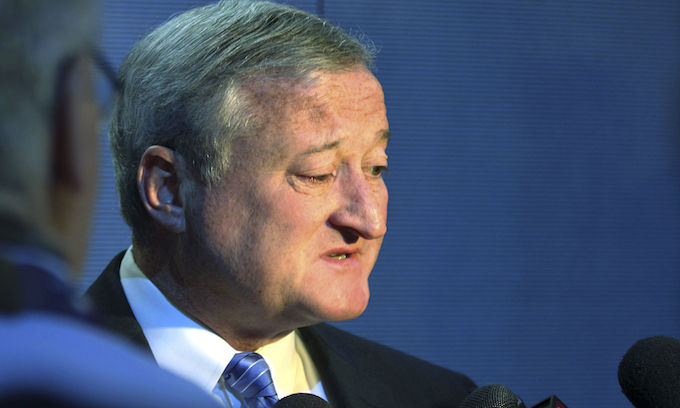
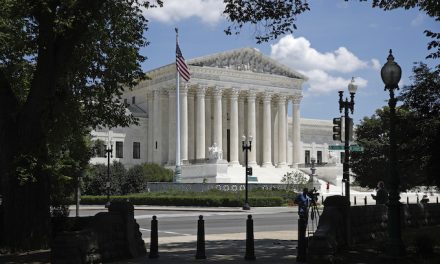
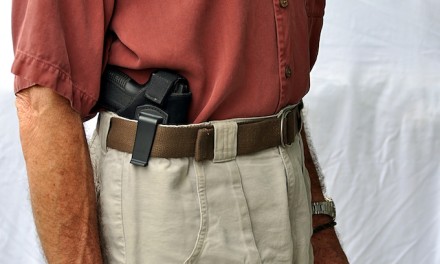
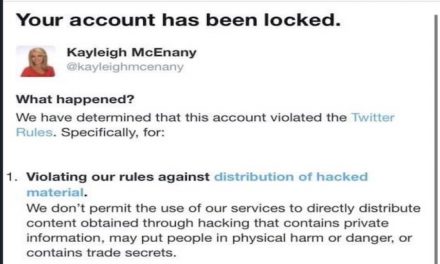
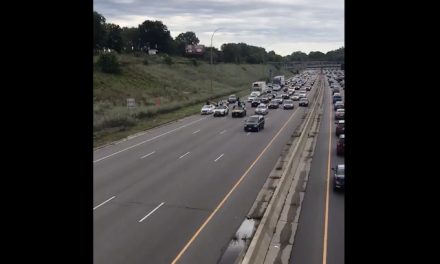








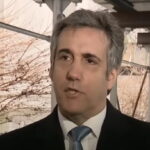
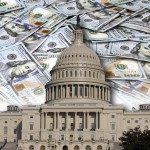

He who cannot be trusted with a little certainly should not be trusted with much. Same applies to obeying the laws. Minor disobedience creates a life of its own resulting in major mindsets of further and greater disobedience, and before you know it, a full-fledged Constitutional disobedient Democrat is born. This city of brotherly love is just planting the seeds that will grow into brotherly hate, but secular socialists are the people of brotherly hate of anyone or anything that dethrones them from their desired self-god status of being worshipped and respected when they themselves show no respect for others and particularly the LAW. Disobeying the law is just another way to disrespect THE PEOPLE who create them, which when are collectively disobeyed just result in a population of individual tyrants, where the threads that bind society soon get unraveled, first and foremost being the American coats of many colors.
Philadelphia Bans Traffic Stops For Minority Infractions
If you are a minority, you have a “Get out of jail Free” card.
That’s how I read it.
Philidelphia SHOULD ban all trafficc stops, stop signs and stop lights and just let the ensuing mayhem take out those socialists so in a hurry to rush head on to destroy themselves and America.,,,that is before they take away all our high horsepowered cars and replace them with beany copters and electic scooters.
ANY Sane person left, NEEDS TO LEAVE that state, not just the city… JUST GET OUT NOW, while you can.
Philadelphia—no traffic stops for minor infractions
San Francisco—no charges for shoplifting under $1,000
Anywhere & Everywhere—if you are BLM or Antifa—violent and destructive protests are protected
Anywhere & Everywhere—defund the police and limit law enforcement
May as well create sanctuary cities for criminals.
“May as well create sanctuary cities for criminals.”
The Democrat Party has done exactly that. They are buying the criminals and illegal immigrants votes.
The Democrat Party is accessing power and retain it by any means available –
no matter the costs to the people, the government or the nation.
THEY ALREADY Have done so…. THEY ARE called democrat HELL HOLES.
461 murders and rising so far this year for Philly. Great job Jim Kenney and police commissioner Outlaw. LOL
They also just re-elected DA Larry Krasner. You know the old saying. “Elections have consequences”, the people in Philly, its a shame, are too stupid and keep voting in the same Dems.
And as i keep saying, IF THEY ARE NOT GOING TO BOTHER EVER ENFORCING the laws.. Then what the hell is the point, in KEEPING LAW MAKERS??!
Virginia banned stops solely for infractions like smelling marijuana.
Dang, Don’t drink and drive, now it is legal to smoke and fly……..
“Black people make up 23 percent of New York’s population, but they commit 75 percent of all shootings. …
Whites are 33 percent of the city’s population, but they commit fewer than 2 percent of all shootings…
“These disparities mean that virtually every time that police in New York are called out after a shooting, they are being summoned into minority neighborhoods looking for minority suspects.”
Profiling? “If a Dalmatian has been biting the children in the neighborhood,
I think we’re going to look for a black and white dog.”
Try driving behind someone at night who has broken Tail lights ??? If they hit the breaks and you hit then , then it’s your fault. That’s why we need to ticket for even small Infractions
Democrats do not recognize small infractions, that is unless the infractions are against them, their families, their friends or the voters who put them there. Oh, or Trump supporters or registered republicans. Philly is a crime ridden ******* that isn’t fit to hold a dog fight in.